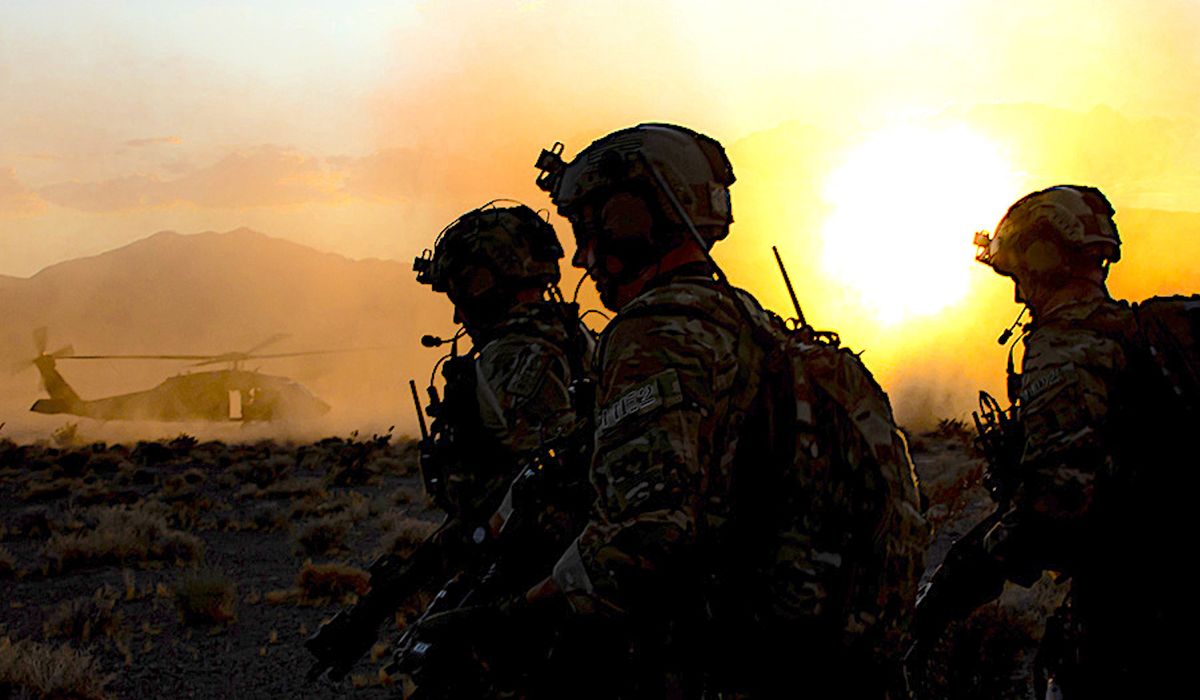Military special operators like the Army Green Berets and the Navy SEALs who are repeatedly exposed to explosions in the field are more likely to experience an increase in inflammation and structural changes to their brains than other troops, according to a study released Wednesday.
Scientists at the University of Virginia and the Naval Medical Research Command compared the brains of nine special operations personnel who were exposed to blasts as part of their job to nine others in a control group.
“The study found that increased blast exposures was associated with increased brain inflammation, and reduced volume and thickness of brain structures,” the researchers said in a statement. “This could affect several key brain functions, including memory, motor skills, and regulating emotions.”
Dr. James Stone, a UVA radiologist who led the study, said it was the first to directly demonstrate increased inflammation in the brains of military personnel exposed to even small blasts over their career.
Previous studies have shown that people with several neurodegenerative conditions — such as Alzheimer’s and Parkinson’s diseases along with amyotrophic lateral sclerosis, commonly known as Lou Gehrig’s disease — all have chronic brain inflammation that may be detectable before the conditions fully develop.
“Brain inflammation is such a key process in other brain-related illnesses,” Dr. Stone said. “These findings raise concerns about the long-term brain health of those exposed to repeated low-level blasts.”
Researchers said the next step is a larger study with more participants to determine precisely what levels of blast exposure cause brain injuries. The goal is to help improve the design of equipment intended to protect troops against brain injuries and even guide military leaders in how to deploy troops who regularly come in contact with explosive materials.
“Work is currently underway to better understand these findings and to be able to answer the question of, ‘How much is too much?’ when it comes to blast overpressure exposure,” Dr. Stone said.
𝗖𝗿𝗲𝗱𝗶𝘁𝘀, 𝗖𝗼𝗽𝘆𝗿𝗶𝗴𝗵𝘁 & 𝗖𝗼𝘂𝗿𝘁𝗲𝘀𝘆: www.washingtontimes.com
𝗙𝗼𝗿 𝗮𝗻𝘆 𝗰𝗼𝗺𝗽𝗹𝗮𝗶𝗻𝘁𝘀 𝗿𝗲𝗴𝗮𝗿𝗱𝗶𝗻𝗴 𝗗𝗠𝗖𝗔,
𝗣𝗹𝗲𝗮𝘀𝗲 𝘀𝗲𝗻𝗱 𝘂𝘀 𝗮𝗻 𝗲𝗺𝗮𝗶𝗹 𝗮𝘁 [email protected]



